trending topics
market reports
-

Registration Now Open: MEDICAL JAPAN 2026 OSAKA – Western Japan’s Largest Healthcare Trade Show
2026-02-10
-

MEDICAL JAPAN 2025 OSAKA Returns to Showcase Global Innovations
2025-02-17
-

Visit MEDICAL JAPAN 2023 TOKYO and take full advantage of the business opportunities!
2023-09-01
-

US to distribute 400 million free N95 masks at CVS, Walgreens in COVID fight
2022-01-21
-
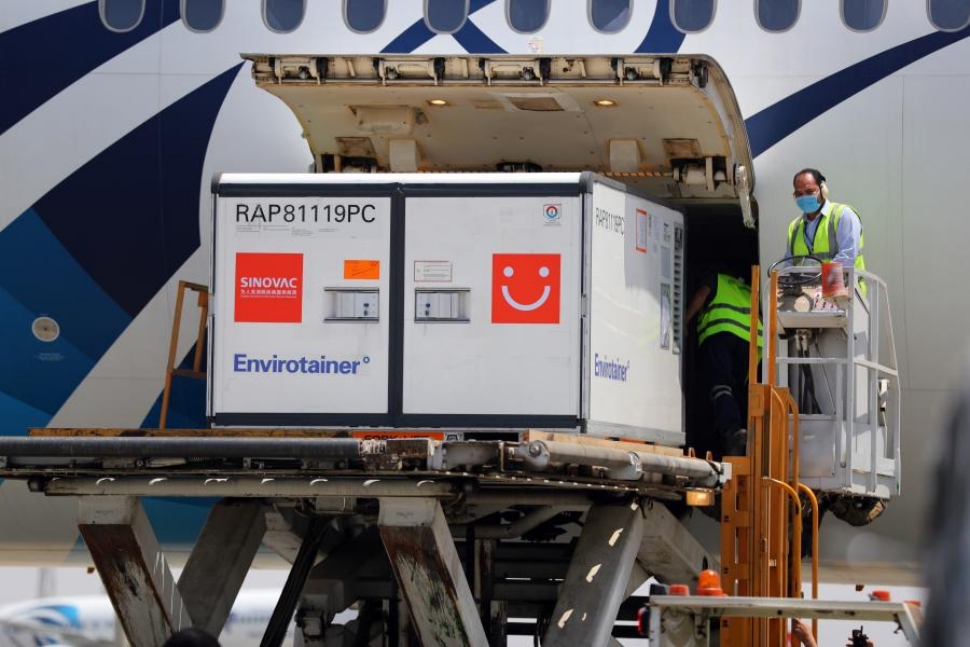
Ethiopia receives additional 2.2 mln doses of Chinese-donated COVID-19 vaccines
2022-01-21
-
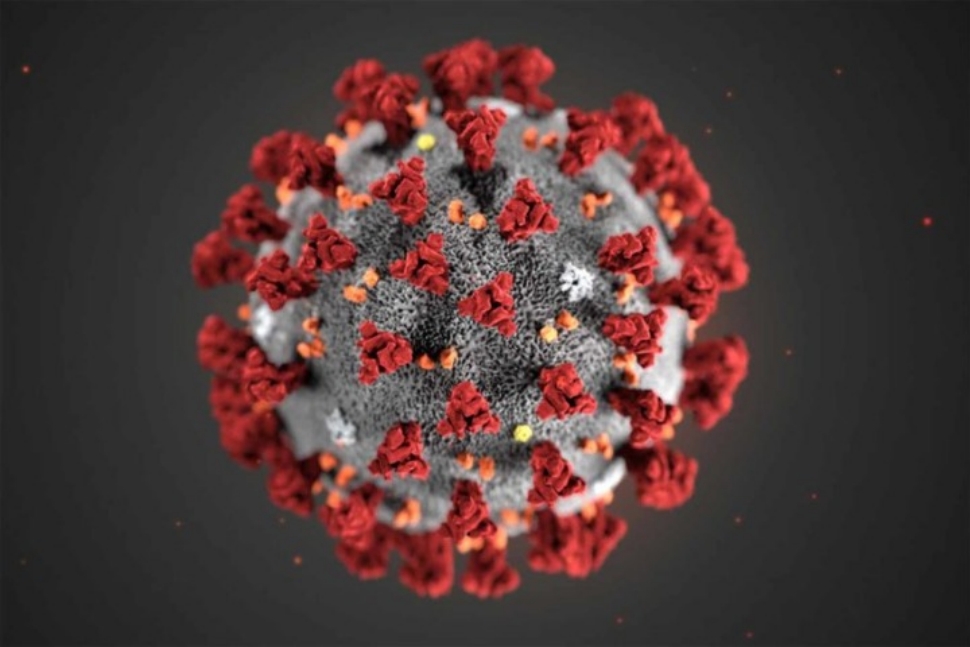
Hong Kong researchers say they develop novel material able to kill COVID-19 virus
2022-01-14
-
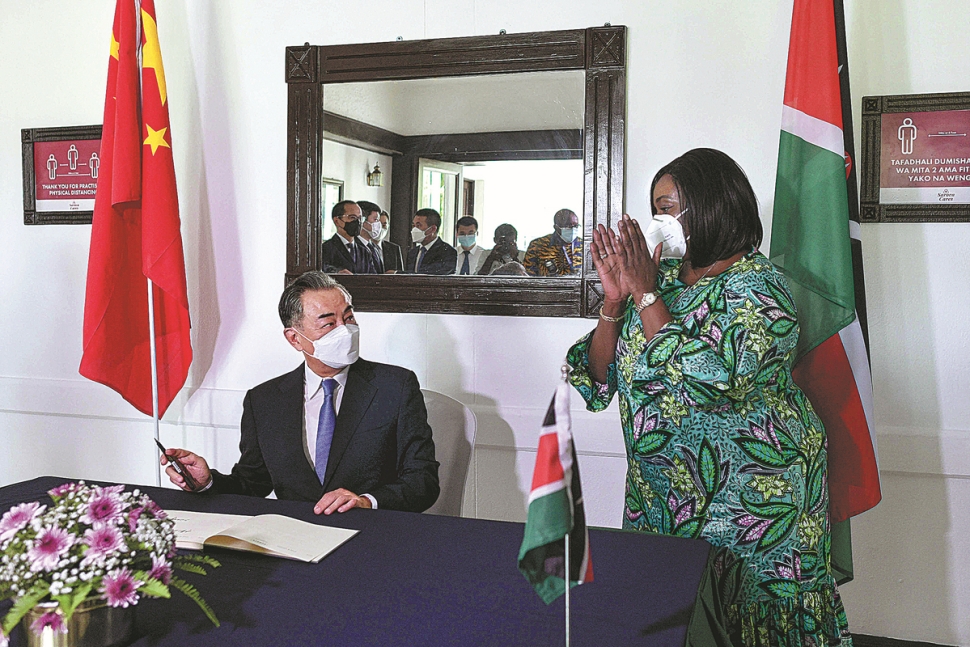
10 million more Chinese doses on way for Kenya
2022-01-14
-

Sino-African ties on track for a brighter future
2022-01-07
-
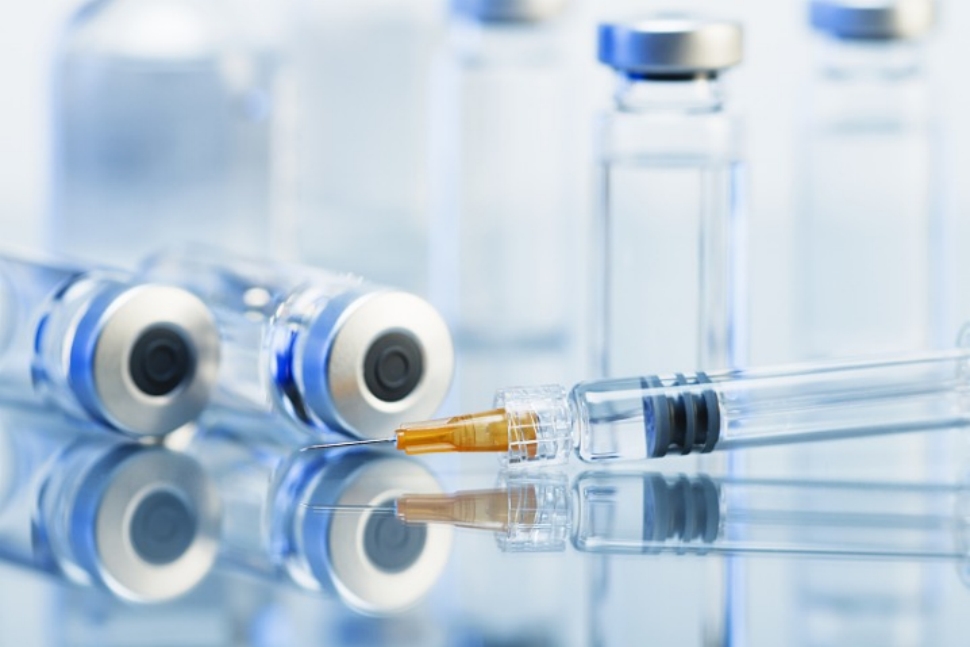
Efforts urged to boost COVID-19 vaccine production capacity in poor countries
2022-01-07
-
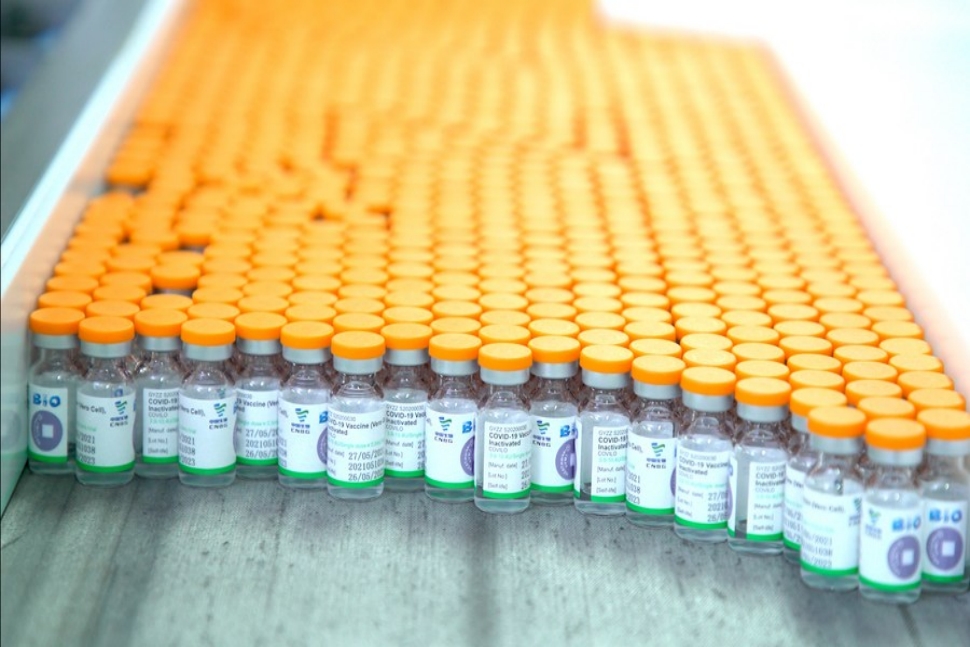
UAE approves Sinopharm's new protein-based COVID-19 vaccine
2022-01-07
Single-shot CanSino vaccine also stands out for being easier to store
2021-02-23
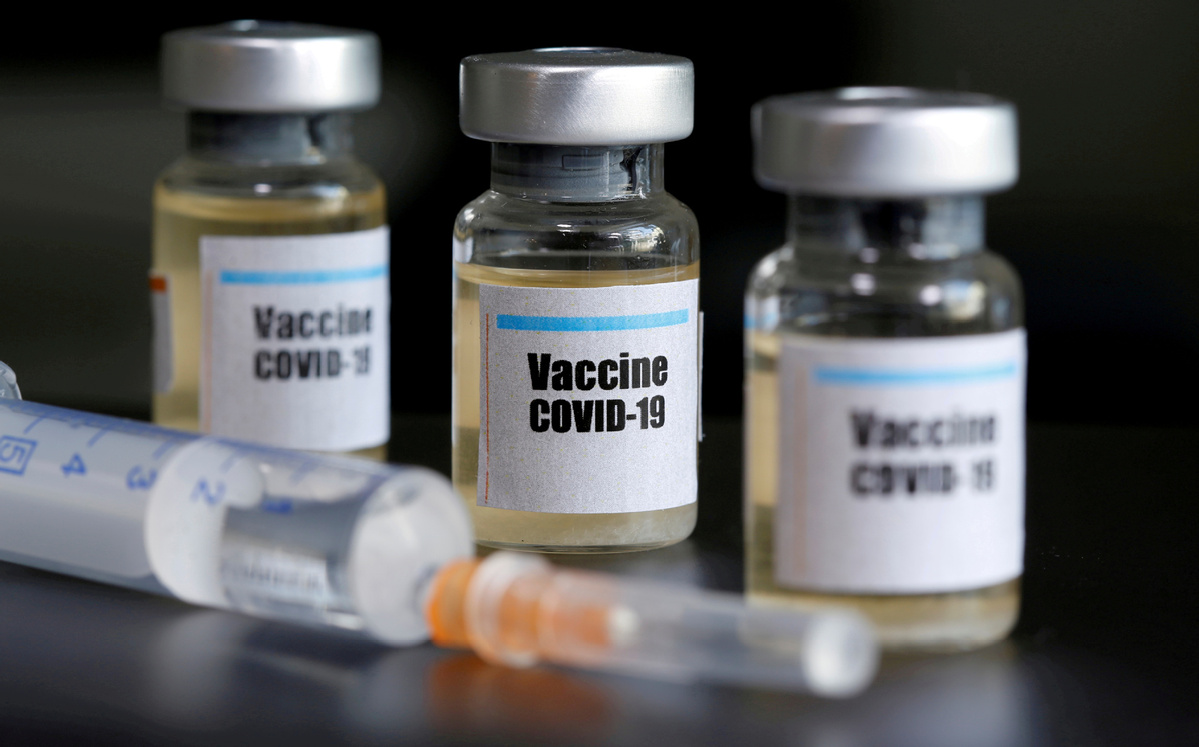
Small bottles labeled with a "Vaccine COVID-19" sticker and a medical syringe are seen in this illustration taken taken April 10, 2020. [Photo/Agencies]
The COVID-19 vaccine candidate manufactured by Chinese firm CanSino Biologics has an overall efficacy rate of 65.7 percent at preventing symptomatic cases and is 90.98 percent effective in preventing severe disease with a single injection, according to multinational interim analysis of the vaccine's late-stage human trials.
Experts called the results encouraging because the vaccine is one of the few requiring a single shot, is easy to store and is generally safe, even for the elderly. Having a potent one-shot vaccine also means more countries can carry out a wider, more affordable rollout strategy compared with those that require two shots and deep-freezing logistics, they added.
On Monday, Faisal Sultan, special assistant to the Pakistani prime minister on health, announced the interim results of CanSino's Ad5-nCoV adenoviral vector vaccine analyzed by an independent committee of experts.
In the Pakistani subset, efficacy in preventing symptomatic cases is 74.8 percent and 100 percent in preventing severe disease. The data included 30,000 participants and no serious safety concerns were reported, he said. The vaccine is also in phase-3 human trials in Russia, Mexico, Argentina and Chile.
"One vaccine, single visit and cheaper logistics, it has all those advantages," Sultan told Bloomberg on Tuesday. "The single shot is an important factor. Certainly, when you ask people to show up for a second shot three weeks later, people will not show up, forget or not care."
The Ad5-nCoV vaccine is jointly developed by researchers from CanSino Biologics and the Academy of Military Medical Sciences. It is the third vaccine candidate manufactured by Chinese firms to release phase-3 clinical results. The two others were inactivated vaccines produced by Sinovac and Sinopharm, and both have been approved for use in numerous countries.
A majority of the leading COVID-19 vaccine candidates, including those produced by Sinovac, Sinopharm, Pfizer, Novavax, Moderna, AstraZeneca and Russia's Gamaleya Center, require two injections with an interval of at least weeks. Some of these candidates also need to be kept in special freezers at a temperature of minus 70 C.
In comparison, CanSino's vaccine is effective with a single dose and can induce neutralizing antibodies against SARS-CoV-2, the virus that causes COVID-19, as well as T-cell immune responses that target infected cells, according to phase-2 clinical trial results published in the medical journal The Lancet. The vaccine can be stored at between 2 to 8 C for months, making it easier for distribution and inoculation in developing countries.
In addition, phase-2 and 3 clinical trials of the Ad5-nCoV vaccine were conducted on volunteers age 18 and above, including many above the age of 60. The vaccine was found to be well tolerated and generally safe for the elderly, the journal said.
The other single-dose COVID-19 vaccine candidate in late stage clinical trials that released data is the Janssen vaccine by Johnson &Johnson. Like the CanSino vaccine, the Janssen vaccine uses a genetically modified adenovirus as a vehicle to carry an antigen from SARSCoV-2 into cells to induce an immune response.
It was reported to have a 66 percent efficacy rate against moderate and severe cases, along with 85 percent effectiveness overall in preventing severe disease.
Because adenoviral vector vaccines use a harmless common-cold causing pathogen as a transporter, body of people with preexisting immunity against the adenovirus may attack the vaccine's vector before it can play its role, thus hampering the immune responses, The Lancet said.
Zhu Tao, chief scientific officer at CanSino Biologics, said preexisting immunity against the adenovirus is not a critical issue that can make or break a vaccine as it can be overcome by administering a second booster shot.
"We have seen this solution works during clinical trials of our Ebola vaccine," he said. In 2017, the National Medical Products Administration approved CanSino's adenoviral vector vaccine against Ebola for commercial use.
A Shanghai-based immunologist who requested anonymity said adenoviral vector vaccines have been tested over three decades against numerous pathogens, including HIV, Ebola and tuberculosis. But it is still a relatively new technology with only a handful of vaccines currently in the market.
"Nevertheless, the result by CanSino's vaccine is very promising because it can theoretically inoculate double the number of people compared with a two-dose regimen," he said.
"Countries can choose to quickly roll out this vaccine to cover and protect a wide demographic, and consider administering booster shots to certain demographics in the future."
However, the expert noted that the vaccination alone is unlikely to stop the transmission of SARSCoV-2 since new mutated strains have been shown to make the current vaccines less effective. "Still, if less people are getting severely ill thanks to the vaccine, it is still a big win for our battle against COVID-19."
(China Daily)



 My Member
My Member Message Center
Message Center











